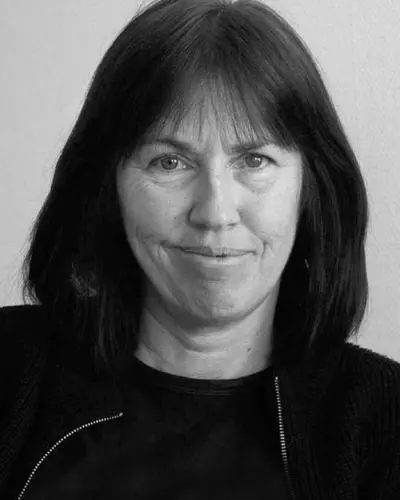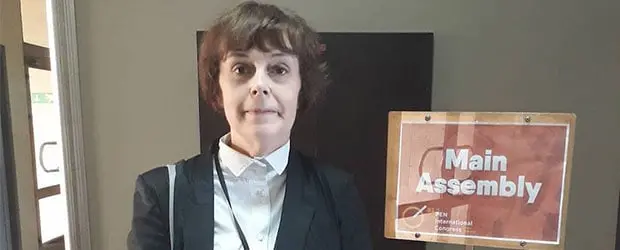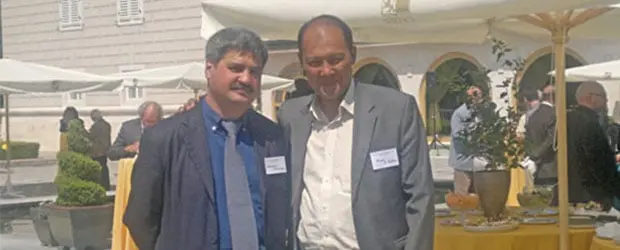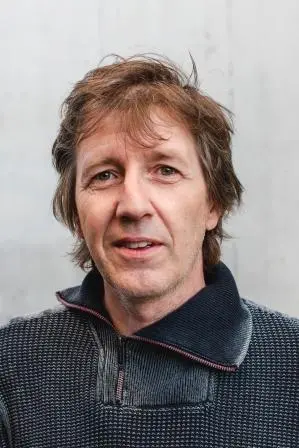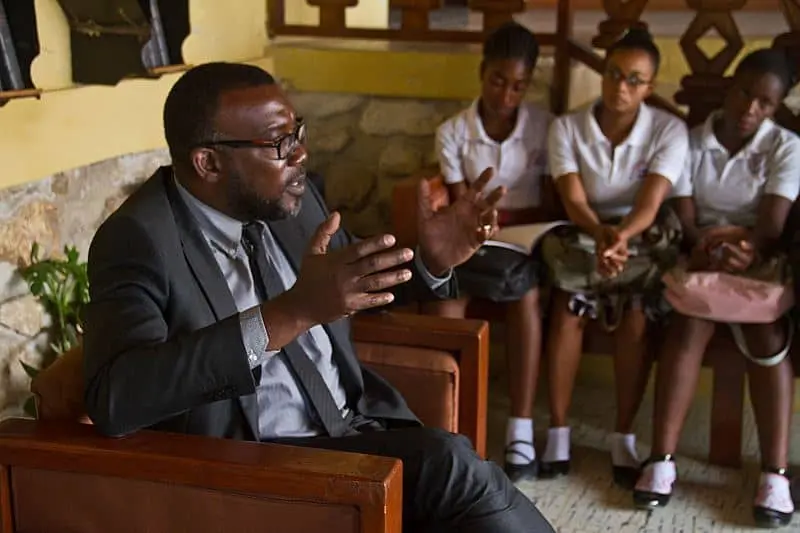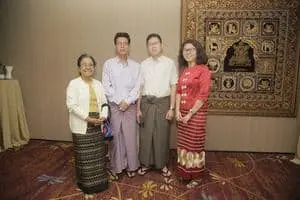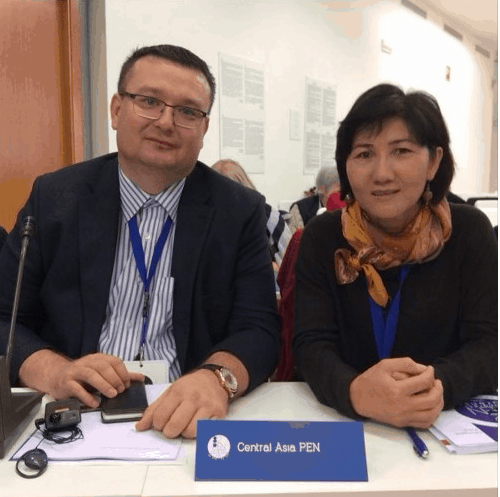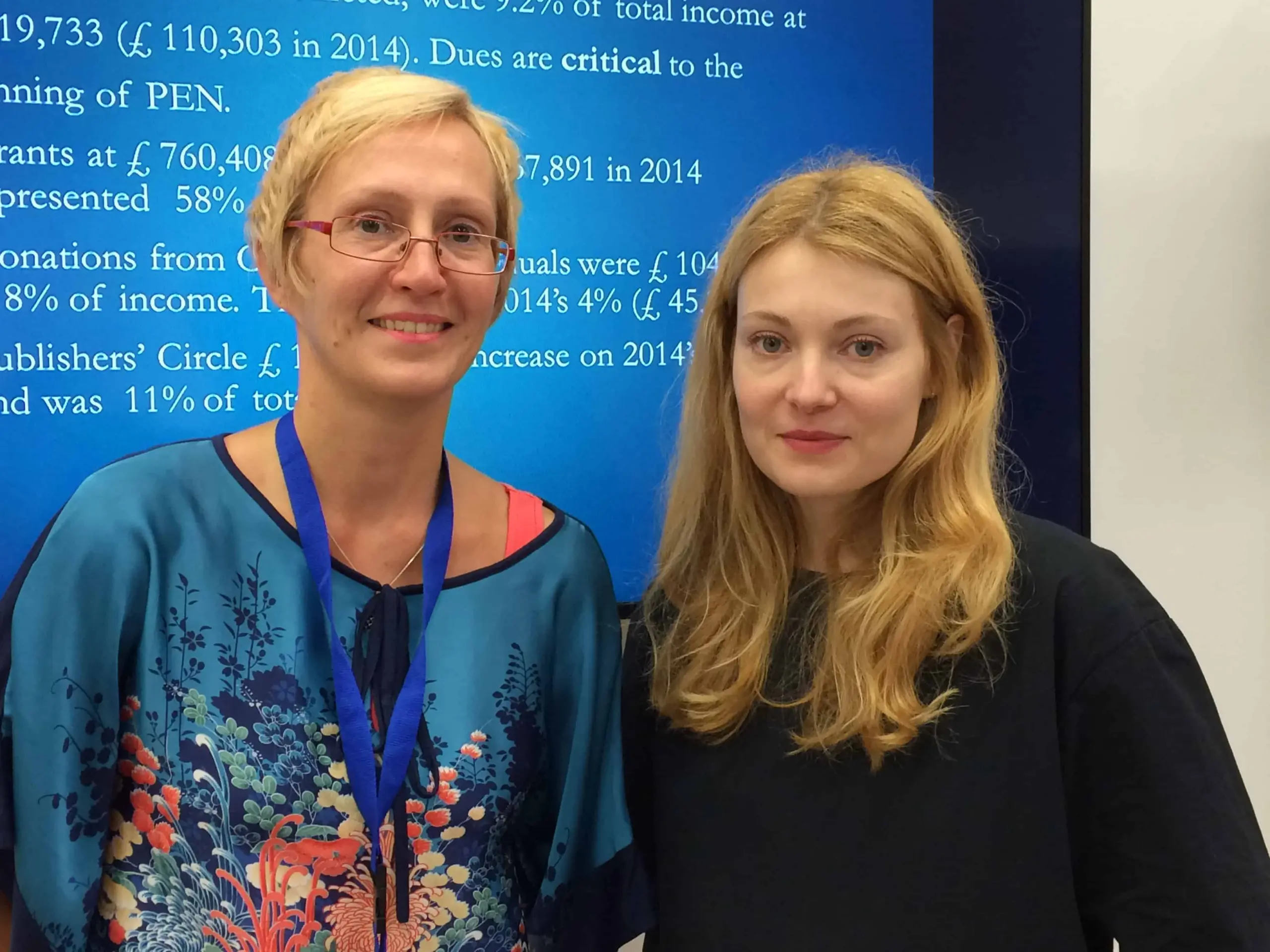The PEN World series showcases the important work of the more than 140 centers that form PEN International. Each PEN center sets its own priorities, but they are united by their commitment to advocate for imperiled writers, promote literature from all cultures and in all languages, and advance the right of every individual to speak freely.
In this series, PEN America interviews the leaders of different PEN centers from the global network to offer a window into the literary accomplishments and free expression challenges of their respective countries. This month, we spoke with Prakash A. Raj, secretary of PEN Nepal.
What is a project that you have been working on in recent months?
We have been holding a book launching program of members (who have written in English and Nepali languages). We undertook two projects under a grant provided by SIDA [Swedish International Development Cooperation Agency] in the past four years. It consisted of two components. We surveyed the reading habits of young adults in 10 schools of our town situated next to Kathmandu. We donated books and bookcases to 10 schools and members of the Nepalese PEN and held a workshop in which 18 authors wrote essays and short stories which were published by PEN Nepal. The final reports were submitted both to PEN Center USA and PEN International.
What are the key free expression challenges facing your region?

Would you share with us a sense of the literary traditions in your region?
The beginning of our literary tradition consisted of religious and devotional aspects until the mid-1930s, when modern writing of novels and short stories started. Nepalese writing that encompasses psychological and psychoanalytic aspects in short stories and novels is a more recent phenomenon. We have also collaborated with Korean PEN, organizing classes for teaching SHIZO writing to Nepalese writers.
…and update us on something new in the literary world of your region today?
Psychoanalytic aspects of literature in some writers.
Who is a writer from your region that we might not know about? Would you introduce us?
One of the best-known writers in Nepal was Laxmi Prasad Devkota (1909–1959), who could have received the Nobel Prize had he been presented to the Swedish Academy. He could also write in English but not all of his works were translated. There are also a couple of writers living in the United States who have found American publishers for their short stories and are now doing quite well in the American market.

